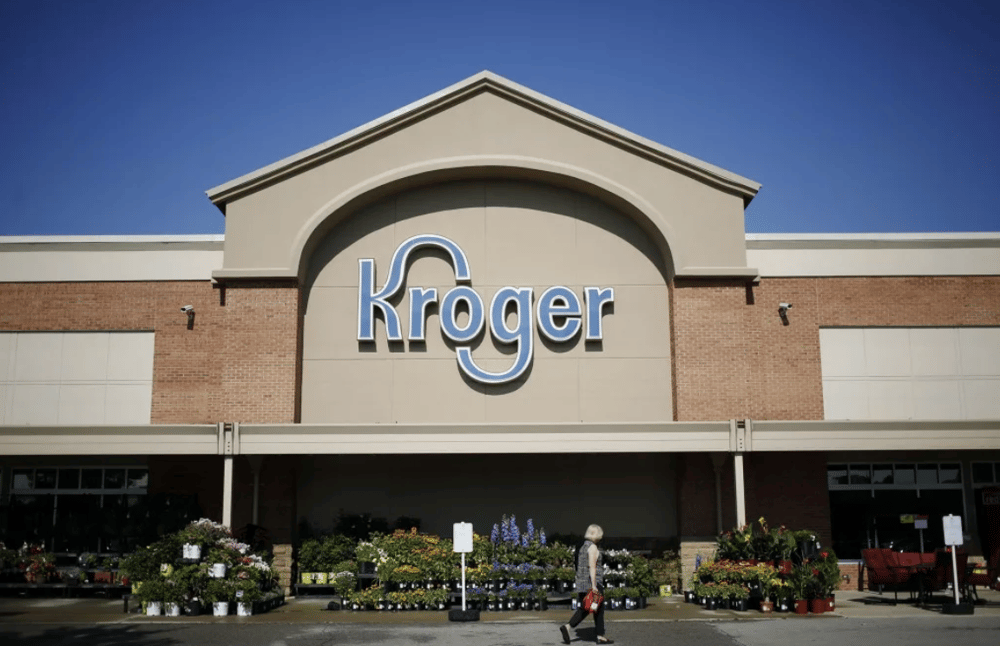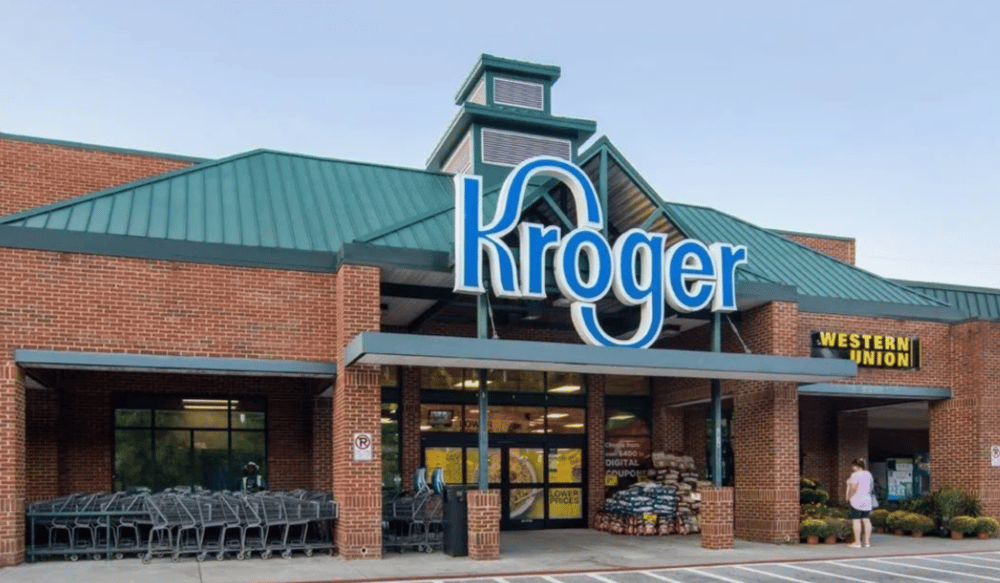Kroger Faces Backlash Over Juneteenth Cake Designs in Atlanta Store
In the lead-up to Juneteenth 2025, Kroger Co. $KR, one of the largest supermarket chains in the United States, found itself at the center of a public relations challenge after a customer criticized the design of its Juneteenth-themed cakes. The incident, which took place in a Kroger store in Atlanta, Georgia, has sparked online debate about how corporations handle cultural sensitivity and inclusion in merchandising practices.
Juneteenth, observed annually on June 19th, commemorates the emancipation of enslaved African Americans and was designated a U.S. federal holiday in 2021. As its national significance grows, so does scrutiny over how it is represented in the commercial landscape — particularly by major retailers.
The Incident and Its Broader Implications
A dissatisfied customer took to social media this week after discovering what she perceived to be uninspired and poorly executed cake designs dedicated to Juneteenth in her local Kroger bakery. She expressed dismay that the themed cakes lacked cultural thoughtfulness compared to other in-store offerings. Her critique quickly gained traction, reviving concerns over corporate handling of holidays with deep historical and social resonance.
Kroger has previously promoted its diversity, equity, and inclusion (DEI) initiatives, including public commitments to racial justice following the 2020 protests. However, this recent episode raises questions about the depth and consistency of those commitments, particularly at the store level where customer experience and brand perception intersect most tangibly.
Retail analysts suggest that the controversy may stem from a mismatch between corporate DEI strategies and their execution in individual store merchandising. Holiday branding tied to historical events — especially those involving racial or cultural identity — carries reputational risk if mishandled or perceived as performative.

Quick Facts:
Company involved: Kroger Co.
Event: Customer criticism of Juneteenth cake designs
Location: Atlanta, Georgia
Occasion: Juneteenth 2025 (June 19th)
Main issue: Lack of thoughtful cultural representation in themed merchandise
Public response: Viral social media attention; renewed criticism of corporate DEI efforts
Corporate context: Ongoing DEI marketing strategy across major U.S. retailers
Market and Consumer Reaction
Although the incident did not result in immediate market movement for Kroger's stock (KR), it reinforced growing consumer expectations that brands should demonstrate cultural awareness beyond superficial gestures. On platforms such as X (formerly Twitter) and TikTok, users debated whether holiday-themed merchandise trivializes historical struggles or promotes visibility when executed respectfully.
In retail sectors, especially food and beverage, branding tied to commemorative holidays has become increasingly common — and contentious. Walmart faced similar criticism in 2022 for releasing Juneteenth-branded ice cream, which it later pulled from shelves. The lesson for major corporations remains the same: culturally sensitive holidays demand authentic engagement, not just thematic products.
Experts in corporate communication highlight that this kind of public criticism can erode consumer trust, especially among younger, socially conscious demographics who expect alignment between brand values and execution. For Kroger, the key challenge lies in ensuring that DEI initiatives are reflected meaningfully at the consumer interface.

Key Takeaways:
Cultural branding requires substance, not symbolism. The Juneteenth cake backlash highlights the risk of commodifying deeply significant historical events.
Corporate DEI policies must align with local execution. Store-level inconsistencies can undermine national brand narratives.
Consumer expectations around inclusivity have evolved. Missteps can damage brand credibility, especially among Gen Z and millennial demographics.
Social media magnifies reputational risks. Viral criticism can quickly become a national issue, regardless of initial scale.
Retailers must invest in authentic representation. From design to messaging, cultural holidays require input from diverse voices at every level of the organization.
Navigating the Cultural Landscape of Modern Retail
The Kroger Juneteenth cake controversy illustrates the complexities large retailers face when engaging with culturally significant events. While acknowledging Juneteenth with themed products may stem from an intent to honor the holiday, poor execution can result in consumer backlash and reputational harm.
For Kroger and other major supermarket chains, the key lies in approaching cultural observances with depth, context, and genuine inclusivity. As Juneteenth becomes a more established part of America’s civic calendar, corporate America must recalibrate how it balances commerce with conscience — a lesson becoming more urgent with every holiday cycle.















Comments